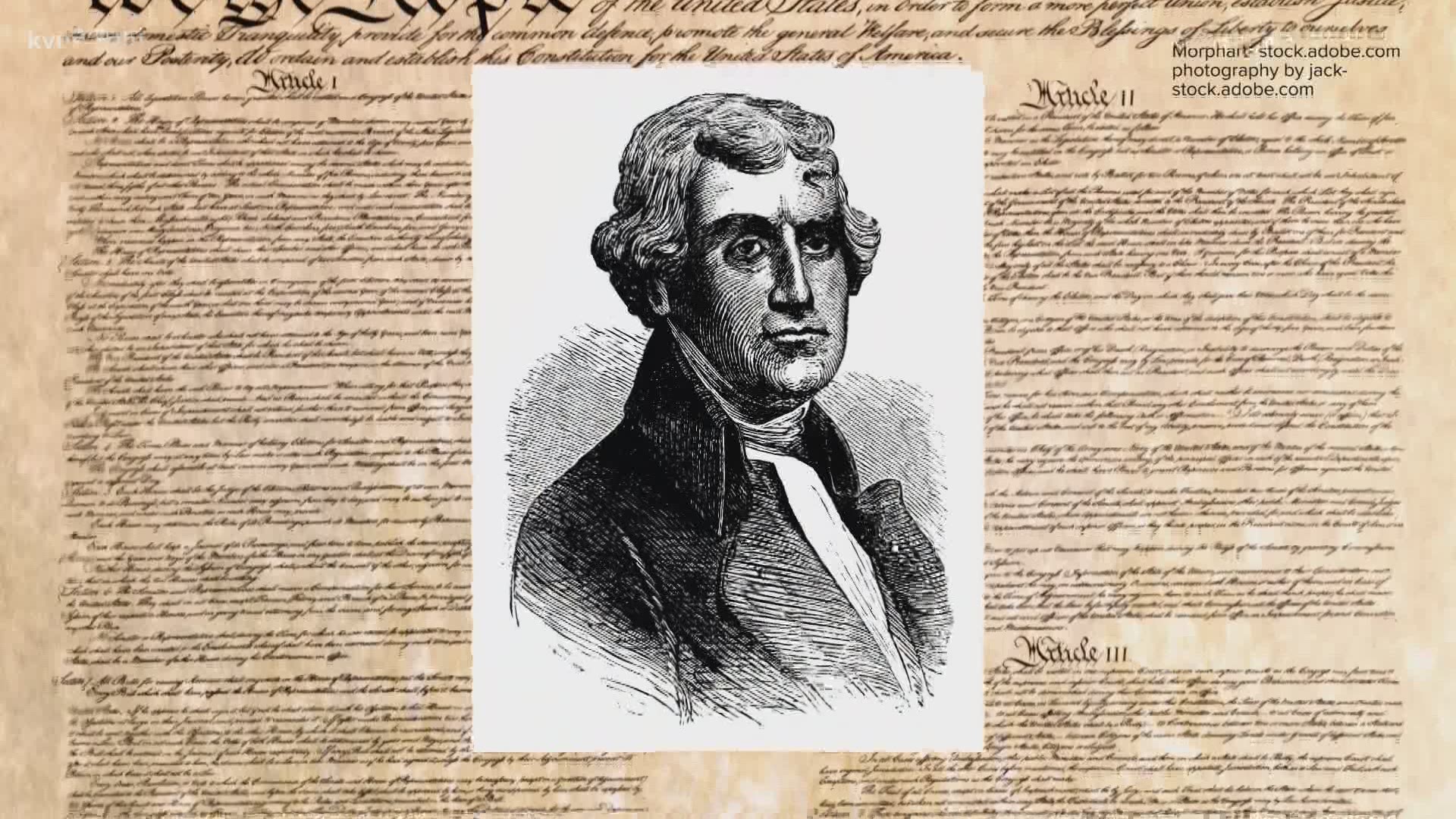THE TEXAS TRIBUNE – A bill that would prescribe how Texas teachers can talk about current events and America’s history of racism in the classroom appeared dead Friday afternoon on a procedural technicality as House Democrats made a successful last effort to stop the legislation from heading to the governor's desk.
House Bill 3979, which faced fierce opposition from teachers, education advocacy groups, and business organizations, said teachers cannot be compelled to discuss current events and if they do, they must “give deference to both sides.”
The Senate version, which was substituted into the House’s version of the bill, included a new civics education training program for teachers, which must be created by the State Board of Education and was estimated to cost $15 million annually starting in 2023. It also prohibited students from getting credit or extra credit for participating in civic activities that include political activism or lobbying elected officials on a particular issue.
t also banned the teaching of the New York Times’ 1619 Project, a reporting endeavor that examines U.S. history from the date when enslaved people first arrived on American soil, marking that as the country’s foundational date.
Rep. James Talarico, D-Round Rock, issued a point of order — raising a procedural violation — on Friday in the House, arguing the new language from the Senate was not relevant. His point of order was sustained, appearing to block the bill in the final days of the Legislature.
Talarico and Rep. Steve Toth, R-The Woodlands, sparred on the floor over amendments the Senate stripped from the bill that would require students to learn about and read historical writings of women and people of color throughout history. Talarico was especially angry his amendment that required schools to teach white supremacy is morally wrong was also removed.
"Is it fair to say that any bill that strikes language condemning racism is a racist bill?" Talarico asked Toth.
Supporters of the bill, which mirrors legislation making its way through state legislatures across the country, argue they are trying to combat personal biases bleeding into public education, pointing to a few individual instances in school districts across the state where parents have raised concerns.
But teachers say those issues are few and far between and should be addressed on the local level rather than by state lawmakers.
Educators lambasted the bill, saying it would create a chilling effect on classroom discussions about difficult, but necessary topics of race and injustice. They criticized GOP lawmakers for interfering in the classroom to gain political points.
“We know full well at this time in our history that this bill is politically motivated,” said Round Rock High School teacher Sheila Mehta, who views this bill as a pushback against efforts among history teachers like herself to include more perspectives and historical accounts in history lessons. “If I look at the words of the bill, I feel like it's almost like I don't have to change anything. I just can't be compelled to do this. Whereas the spirit of the bill, I know that there's a lot of legislators who want me to stop doing what I'm doing.”
Teachers said they don’t feel trusted as professionals to have these nuanced conversations with students, which they often have and are able to keep their personal opinions to themselves.
Throughout legislative debates over the bill, GOP lawmakers have expressed concerns that teachers are unfairly blaming white people for historical wrongs and distorting the founding fathers’ accomplishments. In recent years, there have been calls for more transparency about historical figures’ racist beliefs or connections to slavery.
Disclosure: New York Times has been a financial supporter of The Texas Tribune, a nonprofit, nonpartisan news organization that is funded in part by donations from members, foundations and corporate sponsors. Financial supporters play no role in the Tribune's journalism. Find a complete list of them here.
This story originally appeared in The Texas Tribune.
Texas Tribune mission statement
The Texas Tribune is a nonprofit, nonpartisan media organization that informs Texans — and engages with them — about public policy, politics, government and statewide issues.
PEOPLE ARE ALSO READING:

